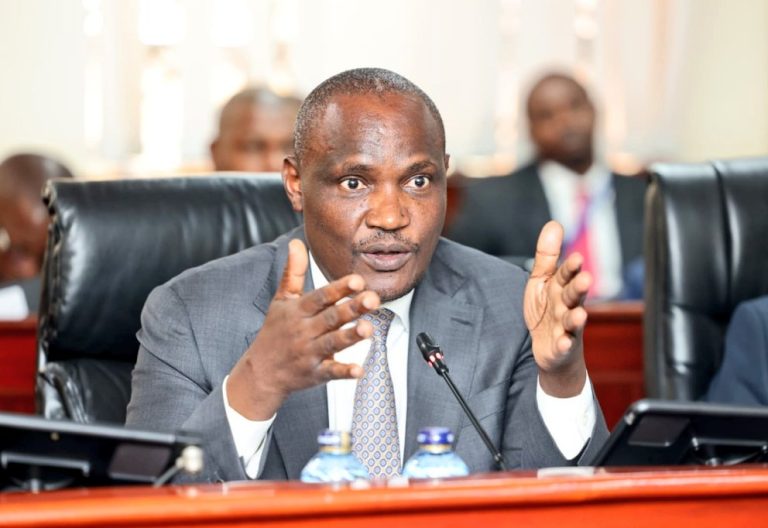The government will increase funding and introduce new policies to accelerate Kenya’s affordable housing programme, Treasury Cabinet Secretary John Mbadi has announced.
Speaking at the 4th Kenya Affordable Housing Conference in Kisumu, Mbadi revealed that the National Treasury has allocated Sh120.2 billion to the housing and settlement sector in the 2025/26 financial year. The move aims to close Kenya’s urban homeownership gap, where only 26% of households own homes while 70% rent often in insecure or informal settings.
“To address this challenge, we are boosting budgetary allocations and introducing innovative financing mechanisms,” Mbadi said.
Among the measures is an annual tax relief of up to Sh360,000 for incremental home construction loans, a Finance Act 2025 provision intended to ease the cost for Kenyans building homes progressively.
The Treasury is also focusing on alternative financing models such as mortgage-backed securities, housing bonds, and blended finance to unlock long-term capital for the housing market. Mbadi lauded the Kenya Mortgage Refinance Company (KMRC) for issuing a Sh1.4 billion domestic bond in 2022, part of its Sh10.5 billion Medium-Term Note programme, saying fiscal policy adjustments would encourage greater capital market participation.
Additionally, the government has mobilised $300 million in concessional funding from the World Bank and African Development Bank to support KMRC operations. Combined with bond proceeds, these funds have enabled KMRC to refinance over 4,600 affordable home loans worth Sh21.7 billion across 39 counties—benefiting more than 18,000 people, nearly half of them women, and creating at least 11,500 jobs.
Mbadi reaffirmed plans to mobilise more concessional funds from global development partners and announced that the Kenya Mortgage Guarantee Trust (KMGT) is being operationalised with €4 million in initial capital. The KMGT will offer credit guarantees for borrowers in informal or irregular employment, helping lenders manage risk and expanding homeownership access for underserved groups.
“This journey towards sustainable and inclusive housing demands bold vision and pragmatic financing. Public investment must be paired with private innovation to bridge lending gaps,” Mbadi said.
The conference, organised by KMRC under the theme “Revolutionising Housing: Innovation Meets Sustainability”, brought together stakeholders to chart solutions to Kenya’s growing urban housing challenge.

